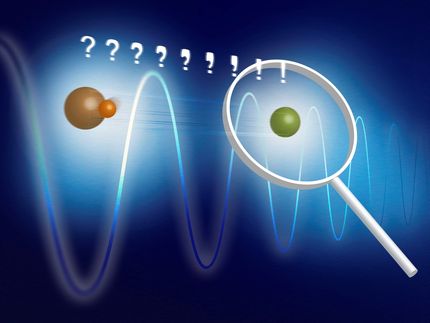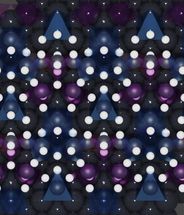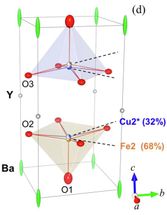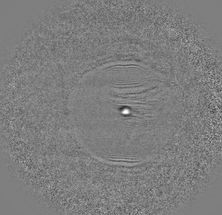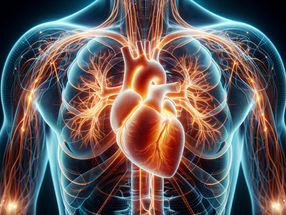Sensitive detection of molecules
Short pulses of strong laser light make the concentration of molecules visible
To observe molecules, one has to use sensitive tools. Such measurements would be important for determining the concentration of minute particles in blood samples or during neuronal information transfer in the brain. A team of Max Planck scientists has taken a decisive step in this direction - they recently published their results in the journal Science Advances.
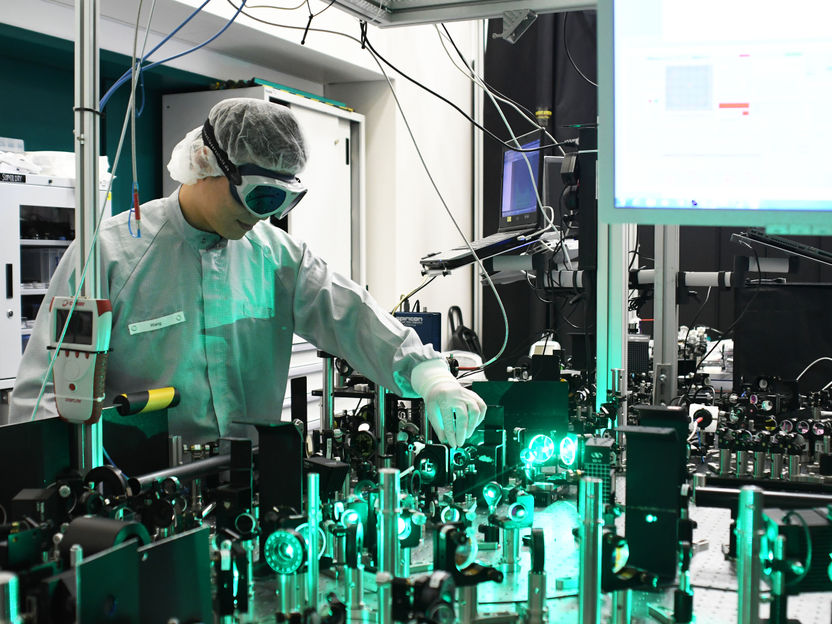
Experimental setup in the laboratory
MPQ / Thorsten Naeser
Hanieh Fattahi is a research group leader at the Max Planck Institute for the Science of Light. In a research project with her team from the Max Planck Institute of Quantum Optics in Garching, Germany, she has succeeded to develop a sensitive instrument to measure concentration of molecules. When near-infrared light interacts with molecules, it causes them to vibrate. The vibrating molecules emit coherent light at highly characteristic wavelengths. The new technology uses femtosecond pulses (an inconceivably short time unit of 10-15 seconds) to detect these emitted wavelengths by molecules.
Molecular vibrations in the femtosecond range
As a first demonstration, the researchers used their laser source to study water molecules. "For the first time, we were able to detect the complex electric field of light absorbed by water molecules in the near infrared spectral range," Fattahi says.
Based on these results, Hanieh Fattahi expects to use the developed laser architecture to perform spectroscopic analyses of molecular vibrations in the femtosecond range and how to apply this technique to imaging.
Original publication
Other news from the department science
Most read news
More news from our other portals
See the theme worlds for related content
Topic World Spectroscopy
Investigation with spectroscopy gives us unique insights into the composition and structure of materials. From UV-Vis spectroscopy to infrared and Raman spectroscopy to fluorescence and atomic absorption spectroscopy, spectroscopy offers us a wide range of analytical techniques to precisely characterize substances. Immerse yourself in the fascinating world of spectroscopy!

Topic World Spectroscopy
Investigation with spectroscopy gives us unique insights into the composition and structure of materials. From UV-Vis spectroscopy to infrared and Raman spectroscopy to fluorescence and atomic absorption spectroscopy, spectroscopy offers us a wide range of analytical techniques to precisely characterize substances. Immerse yourself in the fascinating world of spectroscopy!
